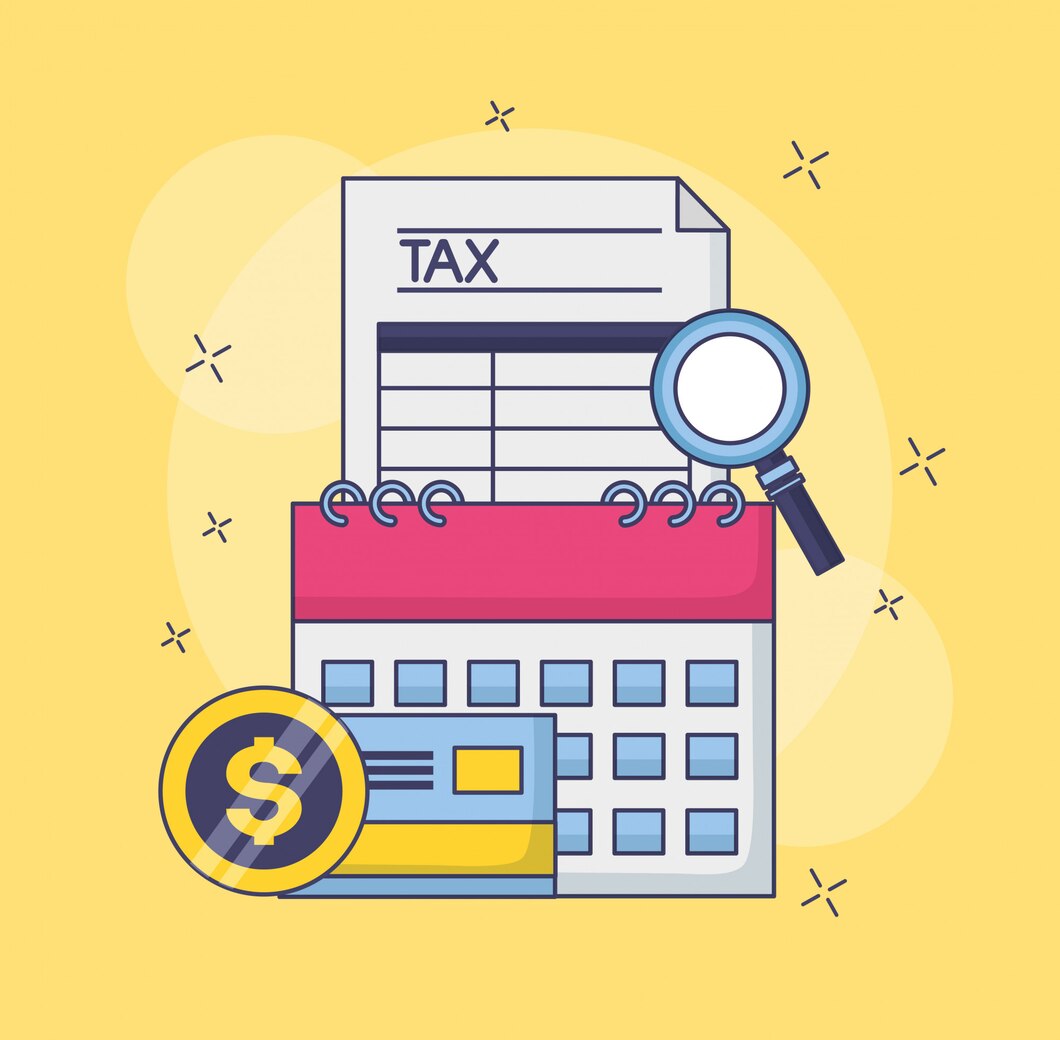
The Democratic Party of Korea (KDP) is making strides toward implementing a tax on cryptocurrency gains by the start of 2025, proposing a significant increase in the threshold for taxable gains to ease the burden on smaller investors. This move counters the People’s Power Party’s (PPP) suggestion to postpone the crypto tax until 2028, marking a significant political divide in South Korea’s approach to cryptocurrency regulation.
The KDP’s push for earlier taxation stems from a disagreement with the PPP, South Korea’s ruling party, which on July 12 proposed delaying the crypto tax to 2028. The KDP criticized this plan as a political maneuver, suggesting that the PPP intended to leverage the delay as a campaign strategy in future elections. This accusation highlights the ongoing political strategy within the country concerning cryptocurrency regulation.
Initially, the plan was to tax crypto gains at 20% for profits exceeding 2.5 million won ($1,800). However, after facing backlash from both stakeholders and individual investors, the KDP proposed a new threshold of 50 million won (approximately $36,000), aligning the crypto gains tax threshold with that of stocks. This revised plan aims to tax only substantial gains, thereby affecting primarily high-earning investors and reducing the impact on average traders.
The KDP argues that the new threshold would essentially neutralize the tax for most investors, as only a small percentage achieve profits above $36,000. By focusing on larger investors, the KDP aims to maintain a balanced approach to crypto taxation, ensuring that it does not stifle innovation or investment within the burgeoning sector.
Timeline of Crypto Tax Implementation
South Korea originally planned to implement a capital gains tax on cryptocurrencies in 2021. However, due to significant pushback from the crypto community and industry leaders, the implementation was first delayed to 2023. Recognizing broader investor concerns, the start date was further postponed to January 1, 2025. The ongoing negotiations between the KDP and the PPP could potentially lead to an earlier implementation if a consensus is reached.
| Event | Date | Details |
|---|---|---|
| Initial Tax Proposal | 2021 | Plan to tax crypto gains at 20% on profits over $1,800 |
| First Delay | 2023 | Delay due to crypto community backlash |
| Second Delay | January 2025 | Extended after investor concerns and political negotiations |
| KDP New Proposal | 2025 | Suggests raising threshold to $36,000 |
Navigating the Intersection of Policy and Innovation
The debate over crypto taxation in South Korea exemplifies the delicate balance governments must navigate between generating revenue and fostering a conducive environment for technological innovation. The KDP’s approach, favoring an increased threshold, reflects a broader understanding that while the crypto market can significantly contribute to the national economy, overly stringent regulations could hinder its growth and the financial opportunities it offers to individuals. This strategy of targeting only high earners in the crypto space might serve as a model for other countries grappling with similar regulatory challenges, aiming to support innovation while ensuring fair taxation.
Featured image credit: upklyak via Freepik
Follow us for more breaking news on DMR
